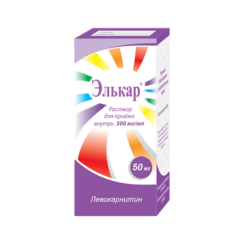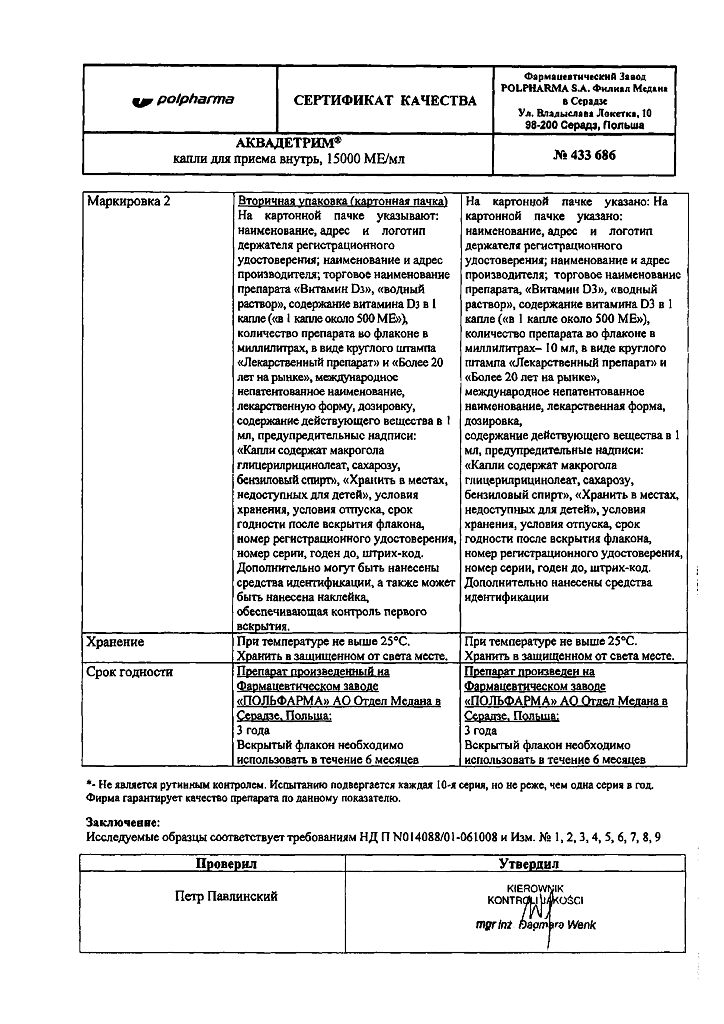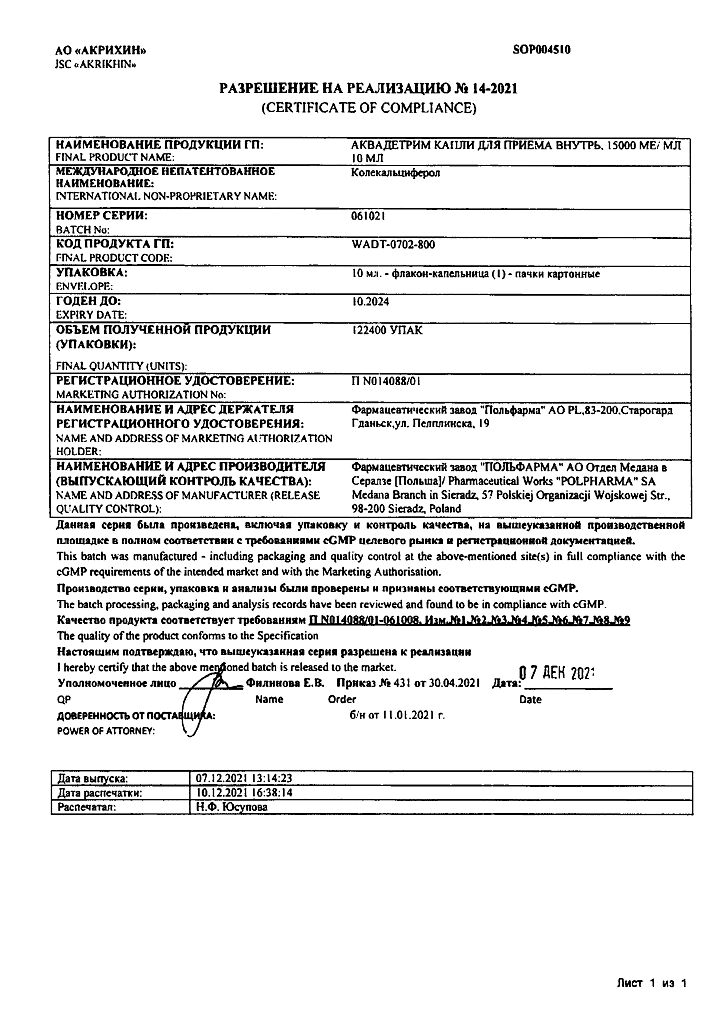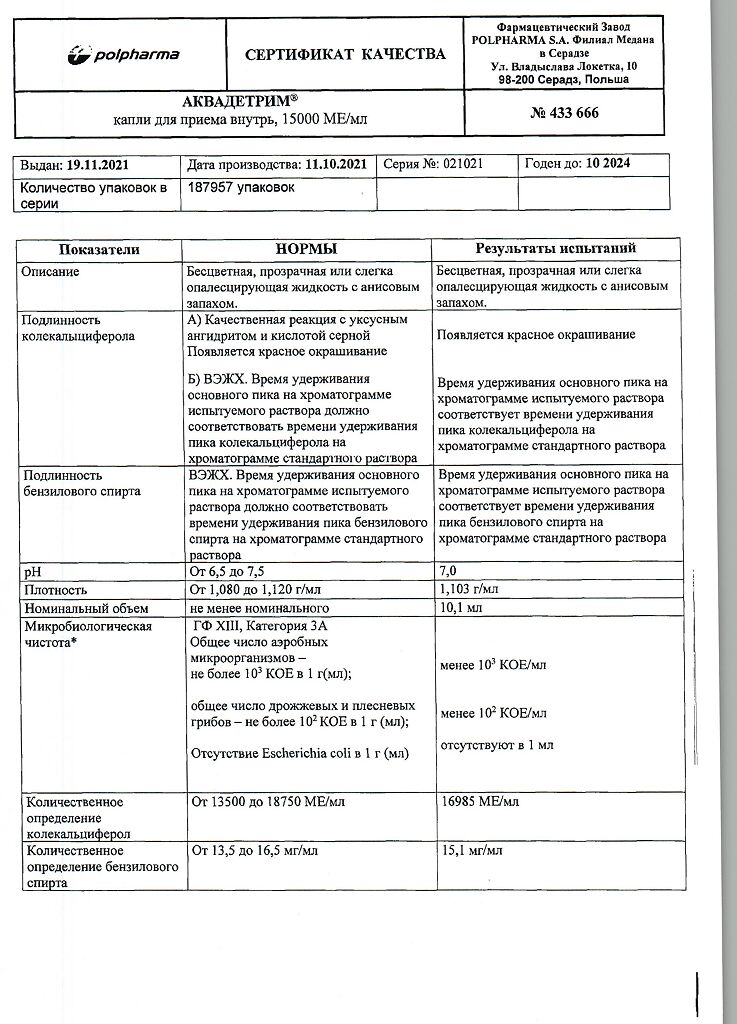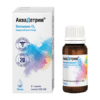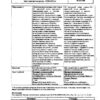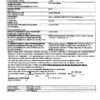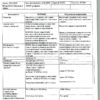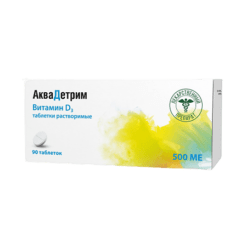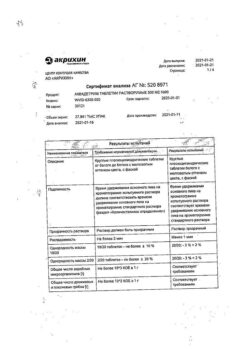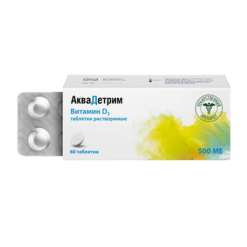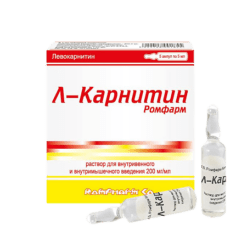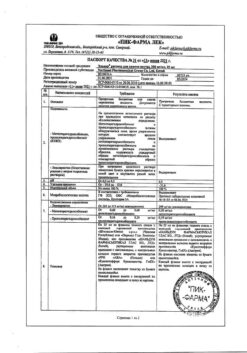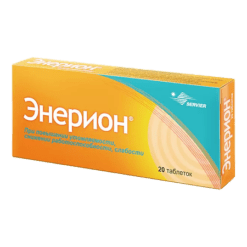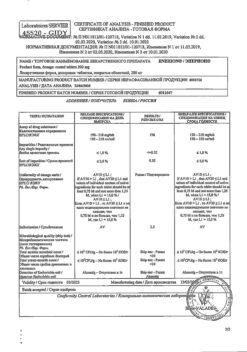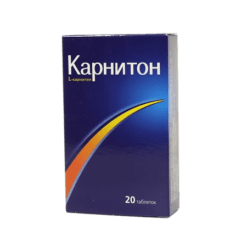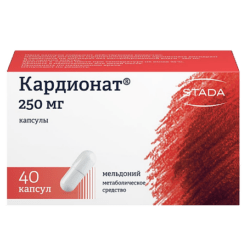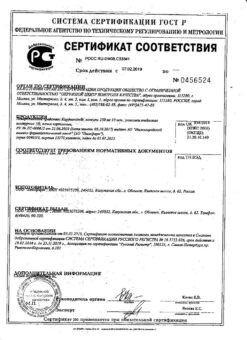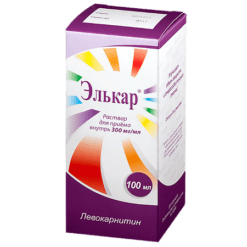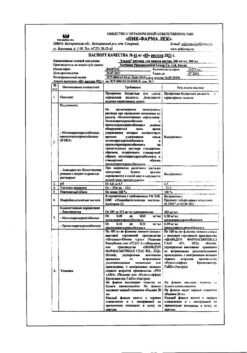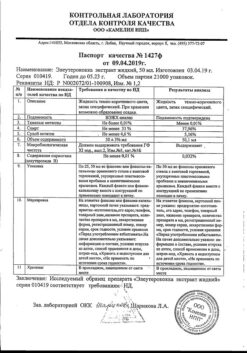Subtotal: €11.27
Aquadetrim, drops 15000 me/ml 10 ml
€6.22 €5.53
Aquadetrim – Vitamin D3 is a regulator of calcium-phosphorus metabolism. It is an active anti-rachitis factor. The most important function of vitamin D3 is to regulate calcium and phosphate metabolism, which promotes proper mineralization and skeletal growth.
Vitamin D3 is the natural form of vitamin D, which is formed in the human skin by sunlight. Compared with vitamin D2 is characterized by 25% higher activity. Colecalciferol plays an essential role in the absorption of calcium and phosphate from the intestine, in the transport of mineral salts and in the process of calcification of coshes, it also regulates the excretion of calcium and phosphate by the kidneys. The concentration of calcium ions in the blood is responsible for maintaining muscle tone in the skeletal muscles, myocardial function, contributes to nerve excitement, and regulates blood clotting. Vitamin D is necessary for normal function of the parathyroid glands, and is also involved in the functioning of the immune system by influencing the production of lymphokines.
Deficiency of vitamin D in food, impaired absorption, calcium deficiency, as well as lack of exposure to sunlight during intense growth of children leads to rickets and osteomalacia in adults; pregnant women may show symptoms of tetany, disruption of bone calydification processes in newborns. An increased need for vitamin D occurs in women during menopause, as they often develop osteoporosis due to hormonal disorders.
Indications
Prevention and treatment of vitamin D deficiency.
Prevention and treatment of rickets, rickets-like diseases, hypocalcemic tetany, osteomalacia and metabolic-based bone diseases (such as hypoparathyroidism and pseudohypoparathyroidism).
In the complex treatment of osteoporosis, including postmenopausal.
Pharmacological effect
Aquadetrim – Vitamin D3 – regulator of calcium-phosphorus metabolism. It is an active antirachitic factor. The most important function of vitamin D3 is to regulate calcium and phosphate metabolism, which promotes proper mineralization and skeletal growth.
Vitamin D3 is a natural form of vitamin D that is formed in humans in the skin under the influence of sunlight. Compared to vitamin D2, it is characterized by 25% higher activity. Colecalciferol plays a significant role in the absorption of calcium and phosphates from the intestine, in the transport of mineral salts and in the process of calcification of kosgei, and also regulates the excretion of calcium and phosphates by the kidneys. The concentration of calcium ions in the blood determines the maintenance of muscle tone of skeletal muscles, myocardial function, promotes nervous stimulation, and regulates the process of blood clotting. Vitamin D is necessary for the normal function of the parathyroid glands and is also involved in the functioning of the immune system, influencing the production of lymphokines.
Lack of vitamin D in food, impaired absorption, calcium deficiency, as well as insufficient exposure to sunlight, during the period of intensive growth of a child, leads to rickets, and in adults to osteomalacia; Pregnant women may experience symptoms of tetany, disruption of the processes of bone tissue formation in newborns. An increased need for vitamin D occurs in women during menopause, as they often develop osteoporosis due to hormonal imbalances.
Special instructions
Avoid overdose.
Individual provision of a specific need must take into account all possible sources of this vitamin.
Too high doses of Aquadetrim used over a long period of time or shock doses can cause chronic hypervitaminosis D3.
The determination of a child’s daily need for vitamin D and the method of its use should be determined by a doctor individually and each time subject to correction during periodic examinations, especially in the first months of life.
Do not use high doses of calcium simultaneously with Aquadetrim.
During treatment, periodic monitoring of the concentration of calcium and phosphate in the blood and urine is necessary.
Active ingredient
Colecalciferol
Composition
1 ml of solution (30 drops) contains Colecalciferol (Vitamin D3) – 15,000 IU
Excipients: macrogol glyceryl ricinoleate, sucrose, sodium hydrogen phosphate dodecahydrate, citric acid monohydrate, anise flavor (or anise essence), benzyl alcohol, purified water.
Pregnancy
During pregnancy, Aquadetrim should not be used in high doses due to the possibility of a teratogenic effect in case of overdose.
Aquadetrim should be prescribed with caution to women who are breastfeeding – the drug taken in high doses by the mother can cause overdose symptoms in the child.
During pregnancy and breastfeeding, the dose of vitamin D3 should not exceed 600 IU per day
Contraindications
Hypersensitivity to the components of the drug, especially benzyl alcohol. Hypervitaminosis D, increased concentration of calcium in the blood (hypercalcemia), increased excretion of calcium in the urine (hypercalciuria), urolithiasis (formation of calcium oxalate stones), sarcoidosis, acute and chronic diseases of the liver and kidneys, renal failure, active form of pulmonary tuberculosis. Children up to 4 weeks of age.
With caution: state of immobilization, when taking thiazides, cardiac glycosides (especially digitalis glycosides); during pregnancy and breastfeeding.
In infants with a predisposition to early overgrowth of fontanelles (when the size of the anterior crown is small from birth).
Side Effects
Hypersensitivity to the components of the drug, hypervitaminosis D (symptoms of hypervitaminosis: loss of appetite, nausea, vomiting; headaches, muscle and joint pain; constipation; dry mouth; polyuria; weakness; mental disorders, including depression; weight loss; sleep disturbance; fever; protein, leukocytes, hyaline casts appear in the urine; increased calcium levels in the blood and its release from urine; possible calcification of the kidneys, blood vessels, lungs).
If signs of hypervitaminosis D appear, it is necessary to discontinue the drug, limit the intake of calcium, and prescribe vitamins A, C and B.
Interaction
Antiepileptic drugs, rifampicin, cholestyramine reduce the reabsorption of vitamin D3.
Use simultaneously with thiazide diuretics increases the risk of hypercalcemia.
Simultaneous use with cardiac glycosides may enhance their toxic effect (increases the risk of heart rhythm disturbances).
Overdose
Symptoms: loss of appetite, nausea, vomiting, constipation, anxiety, thirst, polyurades, diarrhea, intestinal colic. Frequent symptoms are headache, muscle and joint pain, mental disorders, including depression, stupor, ataxia and progressive weight loss. Renal dysfunction develops with albinuria, erythrocyturia and polyuria, increased potassium loss, hyposthenuria, nocturia and increased blood pressure.
In severe cases, clouding of the cornea may occur, less commonly swelling of the optic nerve papilla, inflammation of the iris, and even the development of cataracts.
Kidney stones may form and calcification of soft tissues, including blood vessels, heart, lungs and skin, occurs.
Cholestatic jaundice rarely develops.
Treatment:
Stop using Aquadetrim. Contact your doctor. Take plenty of fluids. If necessary, hospitalization may be required.
Storage conditions
In a place protected from light, at a temperature not exceeding 25 °C
Shelf life
3 years
Manufacturer
Polpharma JSC, Poland
| Shelf life | 3 years |
|---|---|
| Conditions of storage | In a light-protected place, at a temperature not exceeding 25 °C |
| Manufacturer | Polpharma S.A., Poland |
| Medication form | oral drops |
| Brand | Polpharma S.A. |
Other forms…
Related products
Buy Aquadetrim, drops 15000 me/ml 10 ml with delivery to USA, UK, Europe and over 120 other countries.

